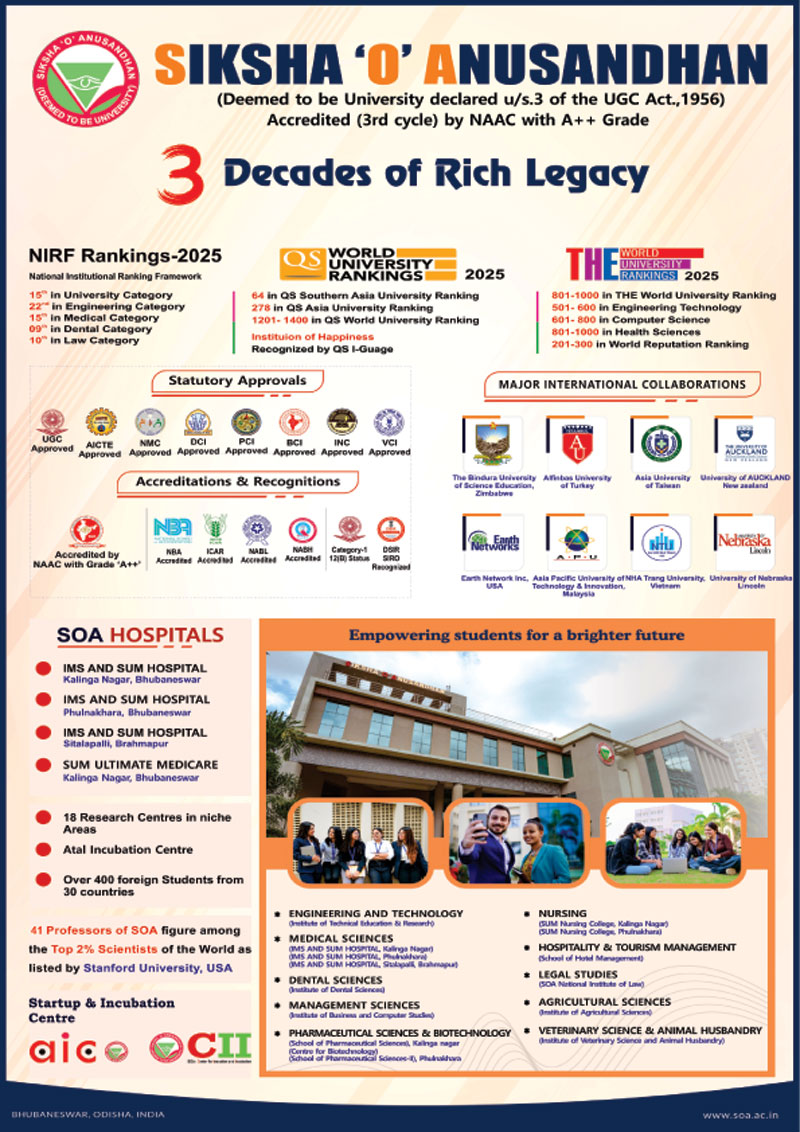
Himanshu Roy, a crack investigator of the Maharashtra Police, allegedly shot himself with his own revolver around 12:40 pm on Friday at his official residence in Malabar Hills. Regarded as an ace sleuth by those who knew him, Roy had proved a great asset to Mumbai's crime branch tackling probes into economic offences and other major crimes.
The police will probe the unnatural death, though it is believed to be a suicide. One of the theories around Roy's death is that he opted for suicide due to "a feeling of helplessness from the advanced stage of his cancer". This was supported by a press statement from the Mumbai Police, which also said that the suicide note absolved others of any blame.
Very few details have been released to the public about his disease. Around three years ago, Roy found a growth on his left shin and had it surgically removed. A biopsy later determined that the lump was malignant and that cancer had spread to his bones. It was a tragedy for a man who had chosen physical fitness as a lifestyle " a fact attested by other police officers and journalists alike.
For a year, Roy continued to work while beginning treatment. Later, he decided to pursue treatment in the United States and went on a long leave. Around three months ago, former Mumbai commissioner, Arup Patnaik, who runs a cancer support organisation, had put him in touch with a doctor in Hinduja hospital. The doctor found that cancer had affected his brain and suggested a surgery.
Sources said that Roy felt demoralised by the recommendation for a surgery on the brain and turned toward meditation. (Calls to his family members went unanswered and this could not be corroborated with them). Many believe that the depression grew worse and that is why Roy took his life. As per Mumbai Police, Roy used a privately-licensed revolver to end his life. Sources in Mumbai Police say that he put the nozzle of the handgun in his mouth and pulled the trigger. His wife, Bhavna, rushed him to a hospital, where he was declared "brought dead".
Before choosing policing as his career, Roy initially thought of medical practice since his father was a dermatologist, with houses in Colaba and Malad. He chose civil service and on his first attempt, bumped into Bhavna, who was also appearing for the exam. Bhavna's brother is the best-selling author, Amish Tripathi.
Bhavna was posted as an IAS officer in Tamil Nadu cadre and Roy as a Maharashtra cadre IPS officer in 1988. She quit services when they married, shortly after their recruitment.
His "commanding personality" as a policeman drew him to the notice of superiors and then the police commissioner entrusted him as his deputy for Zone-1 (South Mumbai). It was a sensitive posting since it mixed a demand for law and order to two different kinds of needs. There was the financial district and the posh areas of the city as well as some areas where the underworld still flourished. It was the early 2000s and Dawood Ibrahim and other gangsters still managed to run major crime syndicates in the city.
It was then that Roy also made friends with some of the leading industrialists in the city who saw him as a positive influence on the law and order situation. They felt he could keep the gangsters and extortionists at bay.
"Roy has had an outstanding career and held important assignments and went on to become the joint commissioner of police (crime branch), where he proved his mettle. It shows that he was rated quite highly by the organisation. He was already an ADG of police and was a likely candidate for the top job," says former Mumbai Police commissioner MN Singh. "Now, he is unfairly gone just when he was to shift to a higher gear. It is a great loss to the service because he still had quite a few good years to go."
Author Manish Pachouly, and a former crime reporter, says that Roy had earned his laurels by cracking some of the high-profile cases such as the sensational murder of crime reporter Jyotirmoy Dey, IPL spot fixing and the Laila Khan murder case as a joint commissioner of police, Mumbai crime branch.
"All crime reporters thought him to be a brilliant investigator and very articulate. It was easy to build news reports around this combination," says Pachouly














